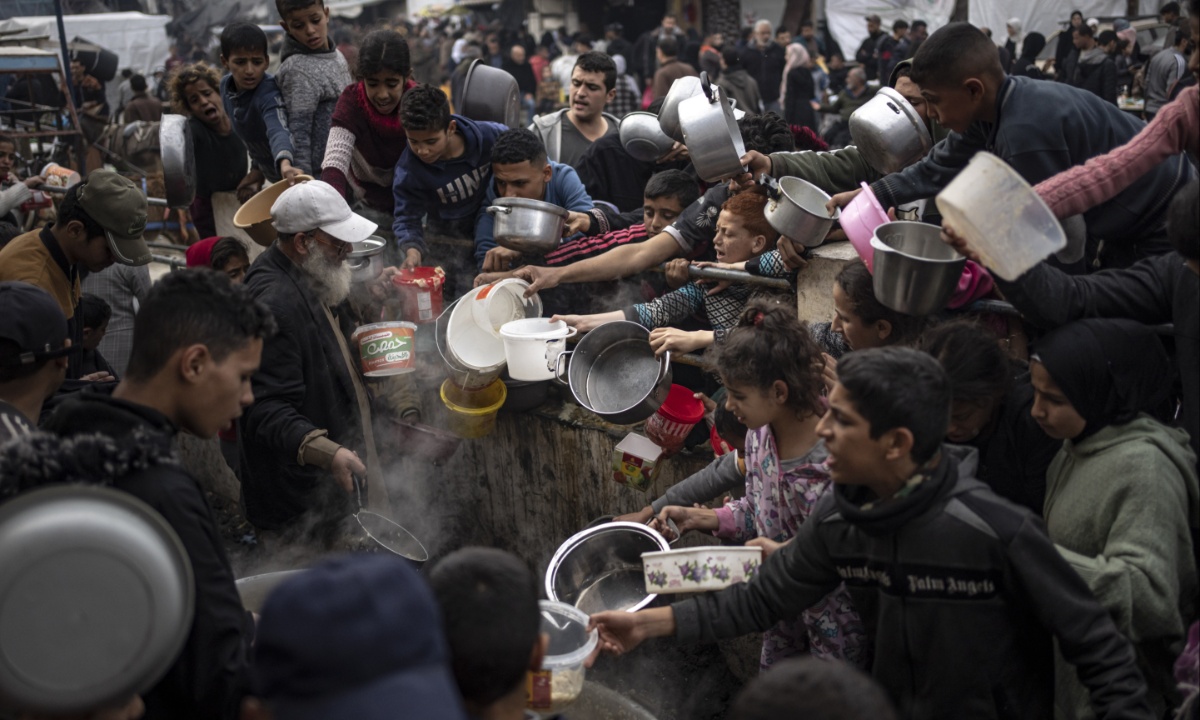Israel’s parliament has enacted a ban preventing the United Nations Relief and Works Agency for Palestine Refugees (Unrwa) from operating within Israel and occupied East Jerusalem. This new legislation restricts any contact between Unrwa staff and Israeli officials, effectively limiting Unrwa’s capacity to provide aid and services in Gaza and the West Bank.
Unrwa warns that the legislation could disrupt critical aid flows to nearly all of Gaza’s population, which depends on the agency for essential services. Israel defends the move, citing accusations that certain Unrwa employees were involved in Hamas’s October 2023 attacks on Israel, although Unrwa denies any institutional involvement in those events.
Unrwa was originally established in 1949 to assist the approximately 700,000 Palestinian refugees displaced following Israel’s creation. Over time, Unrwa has expanded its reach, becoming the primary humanitarian agency for Palestinians in Gaza and employing about 13,000 people.
The organization’s services include food aid, medical care, and education, primarily funded through contributions from UN member states. In the current conflict, Unrwa has distributed food to nearly two million people and provided millions of medical consultations in Gaza, even as it has lost over 200 staff members in recent hostilities.

UN Relief Operations in East Jerusalem and Gaza Halted by Israeli Ban Amid Hamas-Related Accusations
Historically, Israel has had contentious relations with Unrwa, viewing its operations as reinforcing Palestinian claims to a right of return to areas within Israel’s borders. The issue of Palestinian refugees has been a core element of the Israeli-Palestinian conflict, with Palestinians retaining refugee status across generations.
Israel argues that Unrwa’s policies sustain this claim to refugee status, which it opposes, and criticizes the agency’s educational materials as allegedly promoting anti-Israel views. Both Israel and the European Union have raised concerns about incitement in textbooks used in Unrwa schools, though Unrwa maintains that the allegations are misleading and that many cited materials are not part of its curriculum.
The recent ban aligns with renewed Israeli scrutiny of Unrwa following the Hamas attacks on October 7, 2023. Allegations that hundreds of Unrwa employees were affiliated with militant groups led Israel and some Western countries to temporarily suspend funding.
Although a UN investigation resulted in the firing of nine Unrwa employees, it did not substantiate broader allegations of agency ties with Hamas. Despite the lack of concrete evidence, Israeli officials, including Prime Minister Netanyahu, argue that Unrwa employees involved in terrorism should face accountability, further fueling calls for a ban on the agency’s activities.
This ban threatens Unrwa’s operational ability in Gaza, where it coordinates almost all humanitarian aid alongside the Palestinian Red Crescent. Without cooperation from Israeli authorities, Unrwa’s access to Gaza may be severely restricted, affecting critical supply chains for food, medical aid, and other essentials.
The UN World Food Programme has voiced concern, stating that without Unrwa’s ground presence, effective aid distribution in Gaza could become impossible. Although Prime Minister Netanyahu has promised to ensure humanitarian aid continues, the U.S. and other international stakeholders are urging Israel to substantially increase aid access, warning of potential repercussions if humanitarian supplies remain insufficient.
